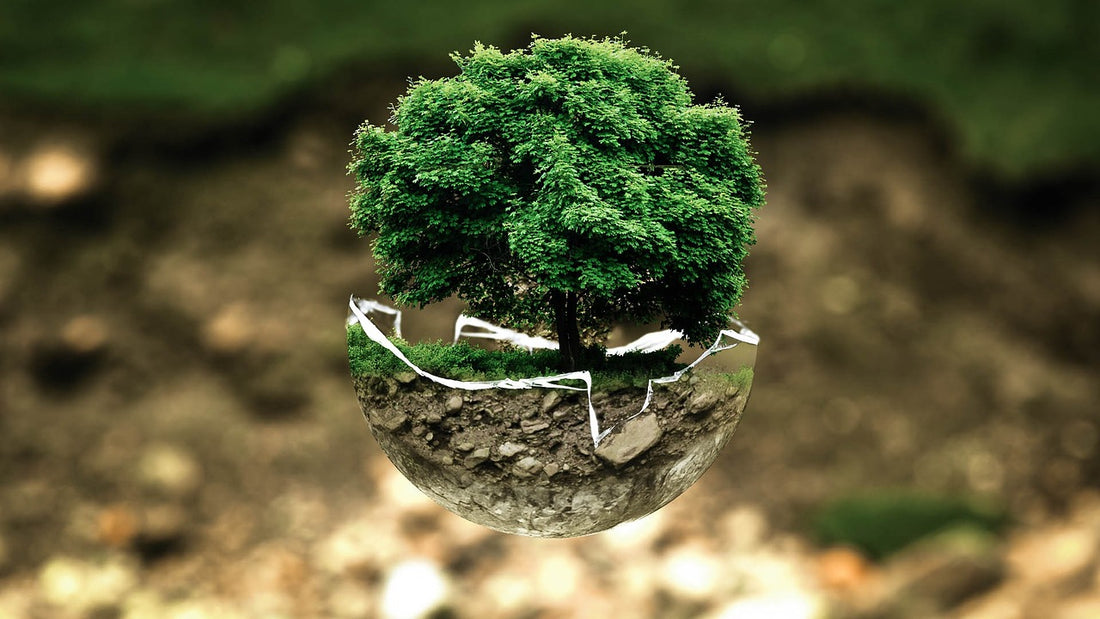
The Ultimate Guide to Being Zero Waste
When you hear the term "zero waste," what comes to mind? Perhaps you envision a world free from trash, where every item is recycled or composted. Or maybe you imagine a lifestyle where you produce no waste at all. While both of these interpretations are partially correct, zero waste is much more than that. It's a movement, a philosophy, and a way of life that aims to minimize our impact on the planet. So, what does zero waste really mean? Let's dive in and explore.
Is Zero Waste About Producing Zero Trash?
Contrary to popular belief, zero waste is not about producing absolutely no trash. It's about rethinking our consumption habits and making conscious choices to reduce waste as much as possible. The goal is to send as little as possible to landfills and incinerators. This means recycling, composting, and repurposing items whenever we can. It's about embracing a circular economy where resources are used efficiently and waste is minimized.
Why Should You Care About Zero Waste?
Zero waste is not just a trendy buzzword; it's a movement with a purpose. By adopting a zero waste lifestyle, you can make a significant impact on the environment. Every plastic bottle you refuse, every reusable bag you bring to the grocery store, and every item you repair instead of replacing contributes to a healthier planet. Zero waste is about taking responsibility for our actions and leaving a better world for future generations.
How Can You Embrace Zero Waste?
Transitioning to a zero waste lifestyle may seem daunting at first, but it's easier than you think. Start by examining your daily habits and identifying areas where you can make changes. Here are a few simple steps to get you started:
1. Reduce: Minimize your consumption by buying only what you need and opting for products with minimal packaging.
2. Reuse: Embrace reusable alternatives like cloth bags, water bottles, and coffee cups. Say goodbye to single-use items.
3. Recycle: Make sure you're recycling correctly and supporting businesses that prioritize recycling.
4. Compost: Turn your food scraps and yard waste into nutrient-rich compost for your garden.
5. Repair: Instead of throwing away broken items, try to fix them or find someone who can.
Join the Zero Waste Movement
Zero waste is not just an individual effort; it's a collective movement. By joining forces with like-minded individuals and organizations, we can create a powerful force for change. Attend local zero waste events, join online communities, and support businesses that align with your values. Together, we can inspire others and create a world where waste is minimized, resources are valued, and the planet thrives.
So, the next time you hear the term "zero waste," remember that it's not just about producing zero trash. It's about making conscious choices, reducing waste, and embracing a more sustainable way of life. Start small, take it one step at a time, and be proud of the positive impact you're making. Together, we can make a difference and create a brighter future for our planet.
